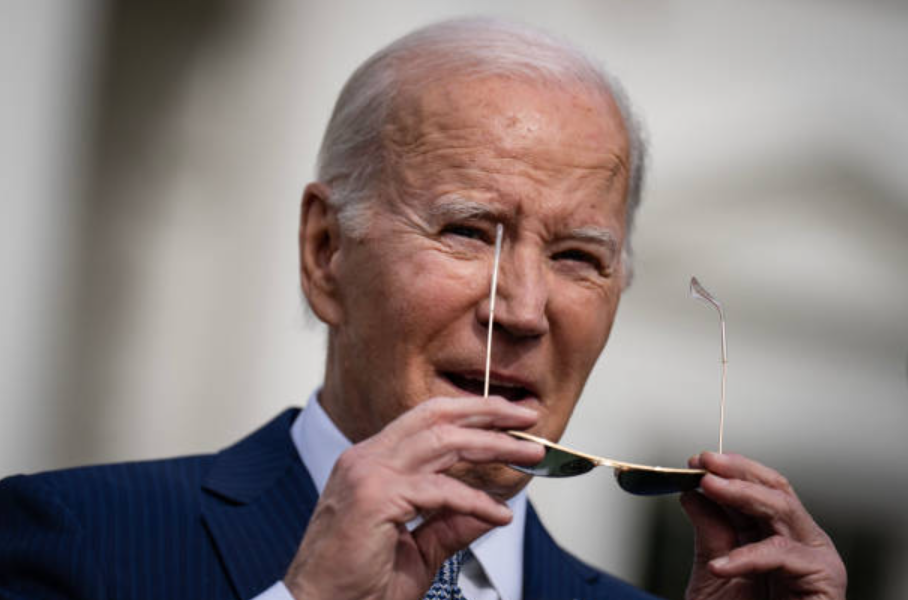President Biden ordered federal government buildings and properties to lower US flags to half-staff for five days in honor of former First Lady Rosalynn Carter’s life and legacy.
Rosalynn Carter, who lived until the age of 96, passed away last Sunday. Her departure sparked widespread acknowledgment and tribute across the nation.
President Biden’s directive specifies that flags are to be lowered starting on Saturday and remain so until the sunset of Wednesday, November 29.
This duration aligns with the day of Rosalynn Carter’s burial in Plains, Georgia, the town she shared with her husband, former President Jimmy Carter, holding special significance to their shared history and legacy.
In honor of her enormous services to the country, this directive applies to all government buildings, including the White House, as well as military facilities, naval stations, and US diplomatic missions abroad.
Biden Vows to Uphold Carter’s Legacy

Although state funerals usually honor prominent federal government figures like presidents, the formal ceremonial farewell of a state funeral is not typically extended to individuals such as first ladies, as seen in the case of Rosalynn Carter.
Nonetheless, her remarkable life and impact will be commemorated with a series of public events starting in Sumter County, Georgia, where both she and former President Carter were born, married, and spent the majority of their lives.
Amid these events, a service in Atlanta on Tuesday and a final funeral at Maranatha Baptist Church in Plains on Wednesday will honor Rosalynn Carter. She will be laid to rest in close proximity to the residence where she and President Carter resided for several decades, symbolizing their deep connection to the community.
While it remains uncertain if President Biden will attend Rosalynn Carter’s service in Atlanta, former presidents and first ladies frequently participate in the funerals of their predecessors in office.
President Biden has conveyed his intention to deliver the eulogy during the eventual passing of former President Carter, emphasizing the profound importance of the Carter legacy within the context of American history.


Comments are closed.